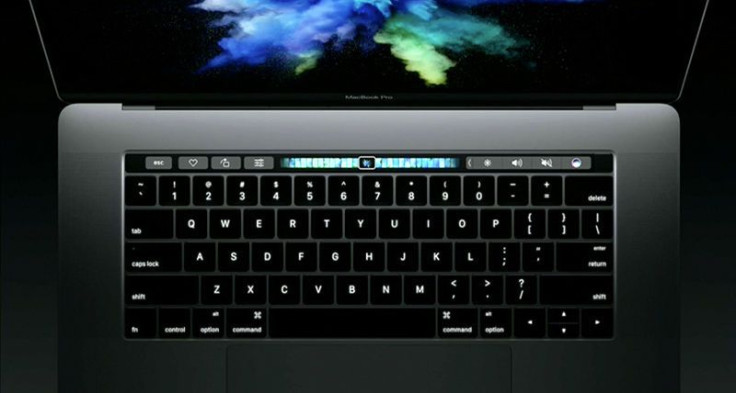Apple Releases Patch For Consumer Reports MacBook Battery Problems

Apple’s latest MacBook Pro got dismal marks from Consumer Reports last month over its lackluster battery test scores, but now, the outlet and Apple have potentially answered questions on the site’s inconsistent benchmark numbers.
In a post on Tuesday, Consumer Reports reported the findings of its work with Apple to figure out the issue with the MacBook Pro’s battery life. According to Apple, a bug in Safari caused the differences in battery life Consumer Reports experienced.
During Consumer Reports’ initial testing in December, it found that battery life test results differed wildly on each of the new MacBooks. For instance, on the Touch Bar 13-inch model, trial results ranged from 3.75 to 16 hours. As a result, Consumer Reports notably declined to recommend and endorse the series, but said at the time it planned to share diagnostic reports with Apple.
In Consumer Reports’ laptop battery testing, all models typically have browser caching — a feature that locally saves web pages — disabled. But according to Apple, Safari produced testing errors for Consumer Reports when this feature was turned off. As Consumer Reports notes:
“In our tests, we want the computer to load each web page as if it were new content from the internet, rather than resurrecting the data from its local drive. This allows us to collect consistent results across the testing of many laptops, and it also puts batteries through a tougher workout.”
Apple has released a patch for the issue through its Beta Software program and it is expected to be pushed to general users within the next few weeks. Consumer Reports also says it is currently in the process of retesting the MacBook Pros with the updated patch.
© Copyright IBTimes 2024. All rights reserved.



















